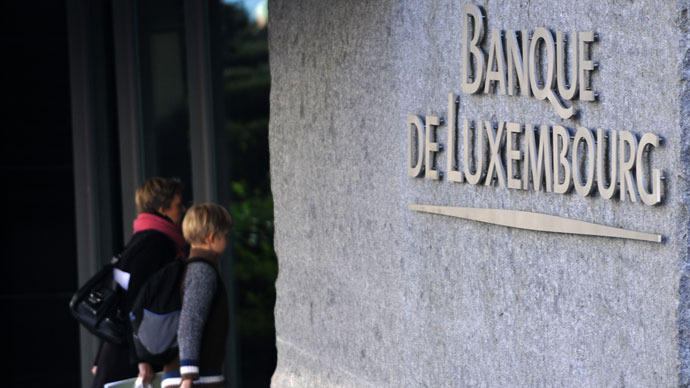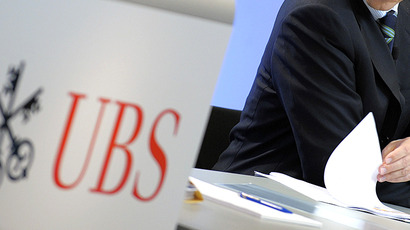EU agrees to end ‘dangerous’ tax evasion and bank secrecy

In a period of record recession and unemployment, the EU has decided to recover a reported €1 trillion in tax revenue lost in loopholes and fraud, and has set a one year deadline to end banking secrecy.
Parliament Officials meet in Brussels to address the burden the €1 trillion tax evasion is having on the EU economy, and have again called to end fraud and ‘offshore’ zones.
The European Parliament agreed to halve the 1 trillion figure by 2020 through an aggressive dismantling of tax loopholes and havens. The MEP’s also approved state resources to go after and prosecute tax evaders, in hopes of recovering lost assets.
"At a time when finances are tight and taxpayers are squeezed, it's only right that we crack down on those who pursue illegal means to avoid making any contribution to public coffers, and who put smaller competitors at a disadvantage,” said Conservative MEP Martin Callanan, in a direct challenge to British PM David Cameron to make tax evasion a priority in the UK
Austria, notorious for its banking secrecy, has joined its EU partners in the quest against tax fraud, and supports the one year banking secrecy deadline. According to Tax Research UK, a blog maintained by an “anti-poverty campaigner and tax expert” according to the Guardian.
The blog’s owner also is involved with Tax Justice Network and is the director of Tax Research LLP.
The poverty charity Oxfam said on Tuesday that the EU has missed out on £100 billion from individual tax scammers.
Oxfam has called for a blacklist of tax havens and believes EU member states should impose sanctions on members who provide platforms for such activity.
Ireland has vehemently denied it is a tax haven and on Wednesday called for an international clampdown on multinationals, yet sits at the center of the controversy. On Monday, it became known that Apple Inc. paid just 2 percent on $74 billion overseas income, which was mostly facilitated by a loophole in Ireland’s tax code.
The ‘Irish double dip’ allows a company to file two subsidiaries in Ireland with a corporate tax rate of 12.5 percent, which is far less than the 35 percent rate in the US, for example.
This ‘legitimate tax abuse’ by high-profile corporates such as Amazon, Google, and Apple hijacked the EU summit agenda.
Martin Callanan has called for an end to tax-havens and doesn’t blame the companies, but the governing bodies which allow such a framework.
"Nobody can blame companies for wanting to look after share-holders' capital by minimizing their tax bill in a legal manner,” he said.
Getting all member states to abide by one tax code, seems near impossible.
“While companies may be using loopholes to pay as little tax as possible, the truth is it's a national issue. It's up to the relevant member states to change their tax codes and tighten the net."
The EU has already agreed to strengthen savings tax agreements with European countries widely regarded as tax havens - Switzerland, Liechtenstein, Monaco, Andorra and San Marino.
Luxembourg has taken a lead and has agreed to an automatic information exchange with the United States.














